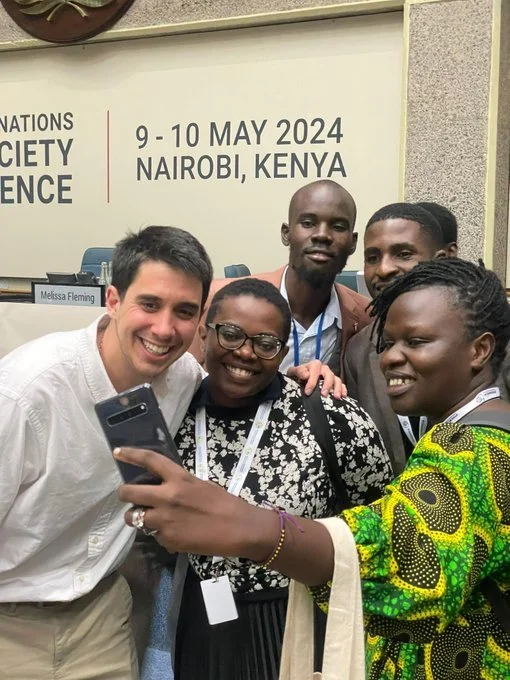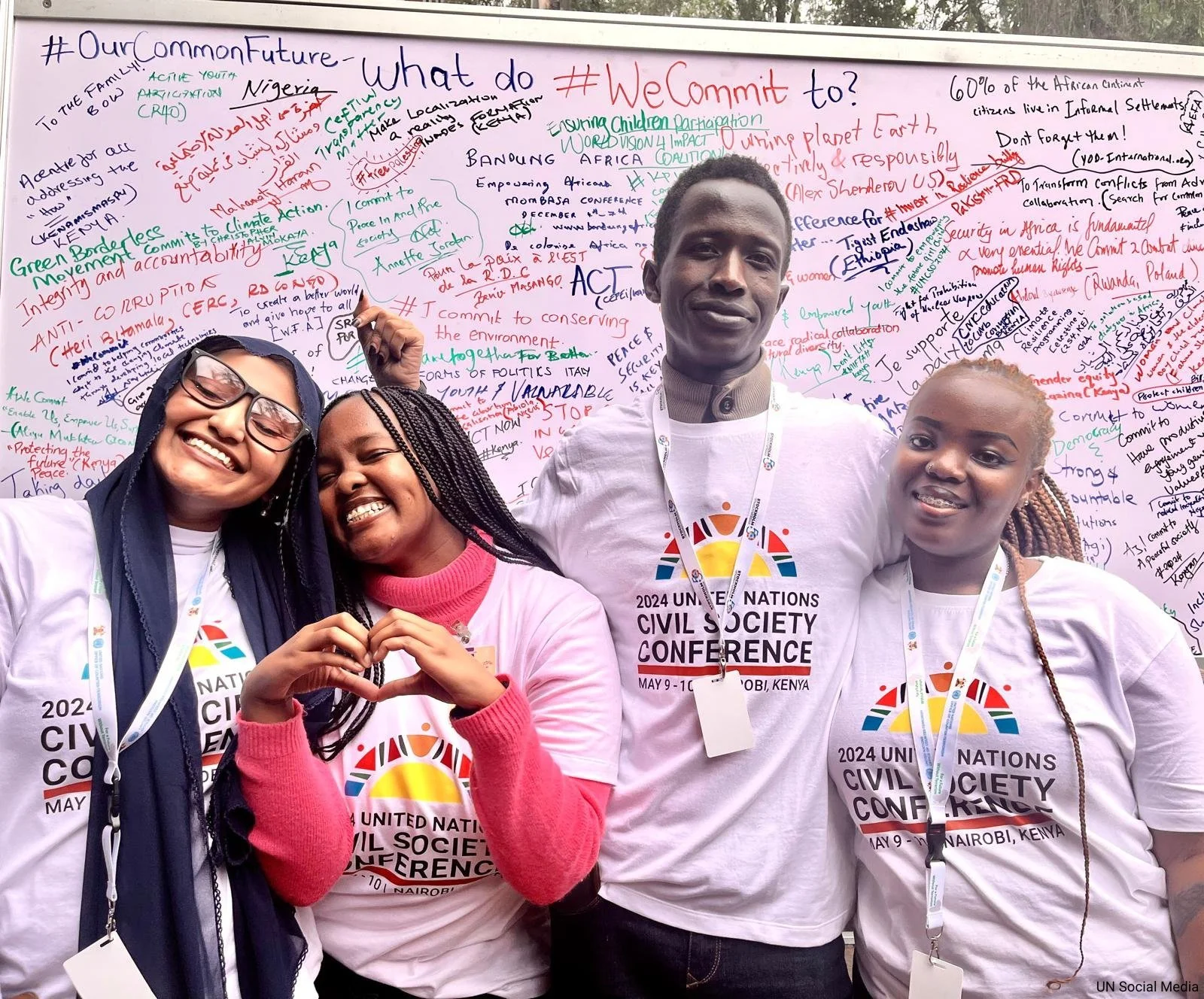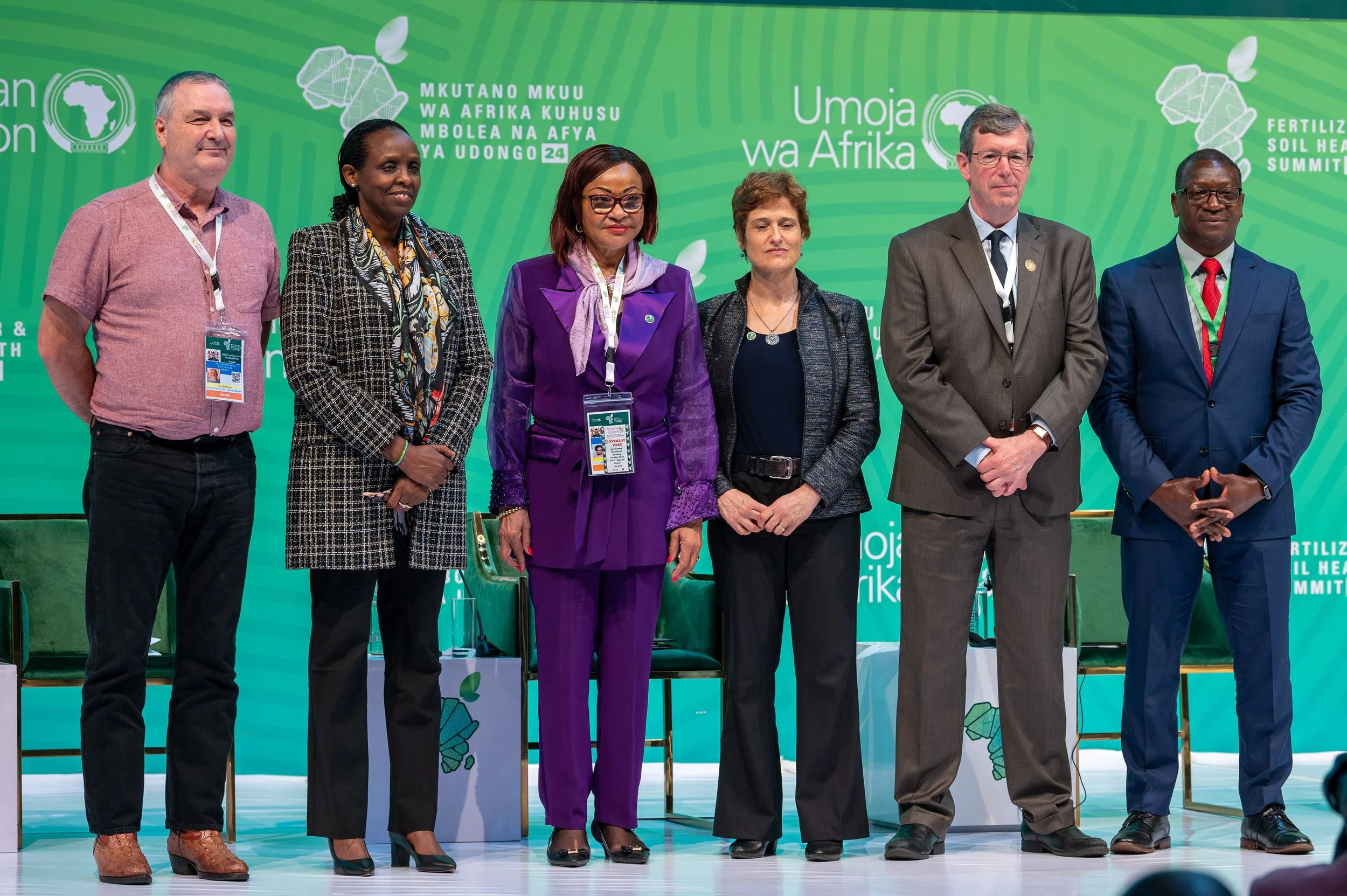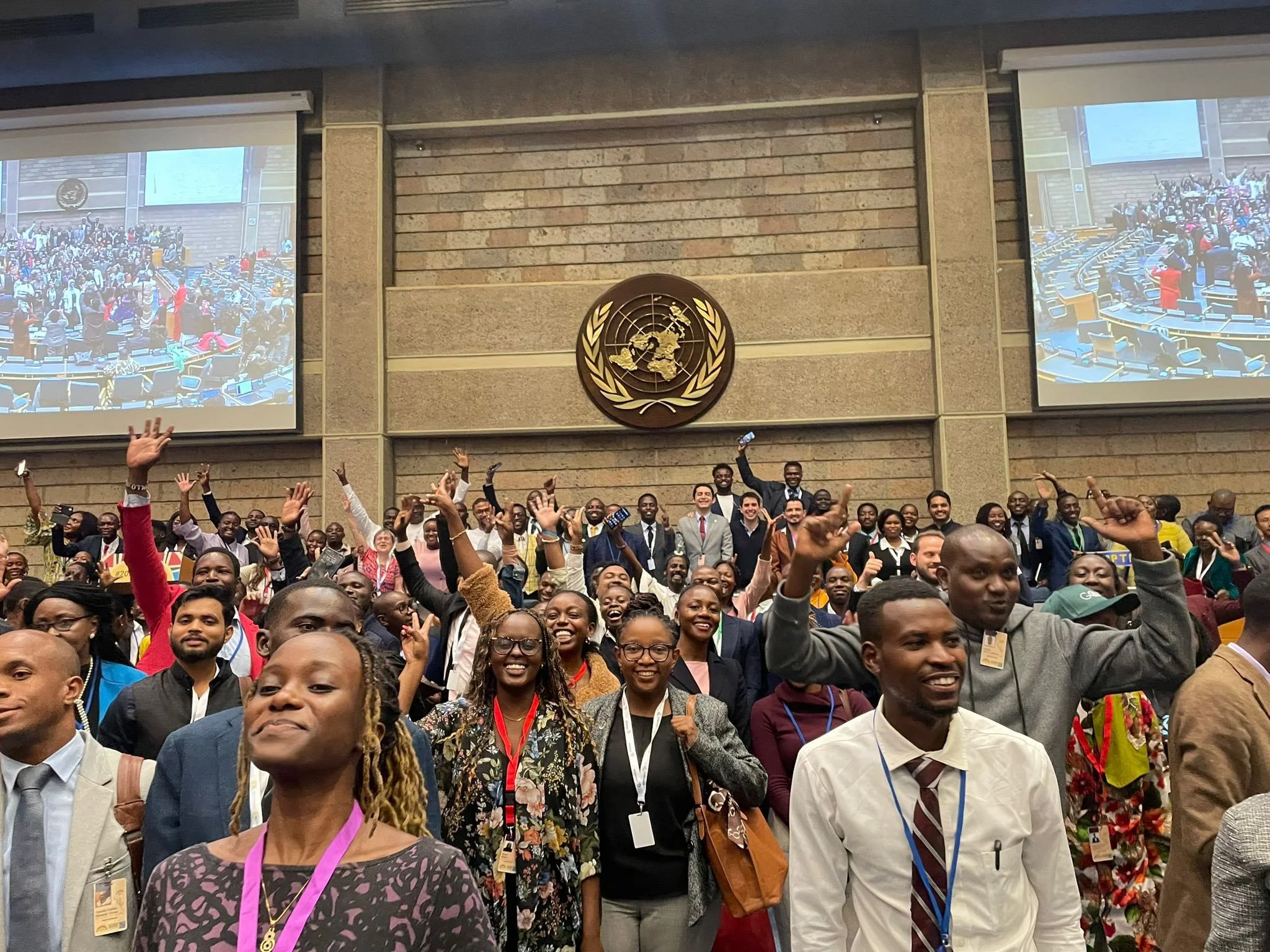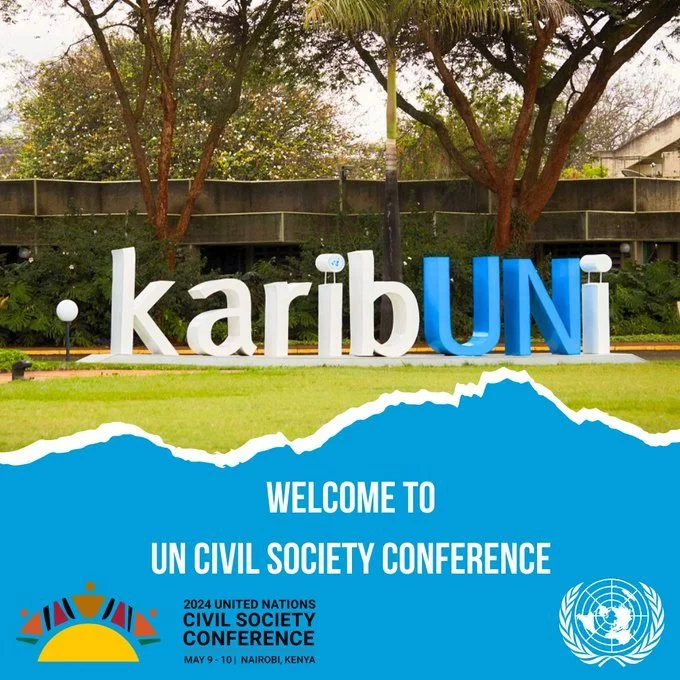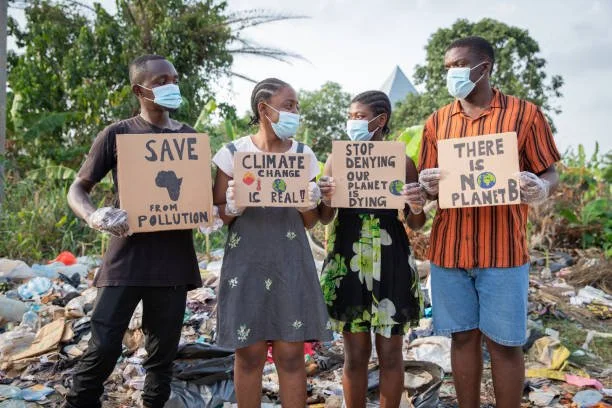MELISSA FLEMING, Under-Secretary-General of Global Communications and Master of Ceremonies, welcomed the President of Kenya and the Secretary-General, the members of the Kenyan Government, representatives of UN Member States, UN colleagues and civil society to the closing session of the 2024 United Nations Civil Society Conference, in support of the Summit of the Future. The past two days had been an incredible journey, with 2500 people gathering from 110 countries to participate in the Conference in Nairobi. From the events and the briefings which preceded the Conference, to the interactive dialogues, the workshops and imPACT coalitions, it had been an innovative and impactful convening.
“Young People’s Participation Can No Longer Be Questioned,” Assistant Secretary-General for Youth Affairs Tells United Nations Civil Society Conference On Day Two
Following the first day of active discussions that reflected on the Pact of the future in the presence of the co-facilitators, senior UN officials and governments, the second day of the 2024 United Nations Civil Society Conference began with an interactive dialogue: Looking ahead to the Summit and beyond. Moderated by Melissa Flemming, Under-Secretary-General for Global Communications and Mai Sami Ahmed, Save the Children, the discussion heard from panelists, with questions and comments from participants, and responses from United Nations Agencies, Philanthropy and Member States.
Nairobi Declaration on Africa Fertilizer and Soil Health Summit. Nairobi, Kenya | 9 th May 2024
Recalling the Comprehensive Africa Agriculture Development Program (CAADP) Malabo Declaration adopted during the Twenty-Third Ordinary Session of the AU Assembly in Malabo, Equatorial Guinea in June 2014. In the Declaration, the Member States committed to inclusive agricultural transformation. The CAADP-Malabo declaration also solidified previous decisions, including the 2003 Maputo Declaration on CAADP; the 2004 Sirte Declaration on the Challenges of Implementing Integrated and Sustainable Development in Agriculture and Water in Africa;
Discussion I: Civil Society Recommendations On the 5 Chapters Of the Pact For the Future, Declaration On Future Generations, And Global Digital Compact
The afternoon portion of the day began with the discussion “Civil Society Recommendations on the 5 Chapters of the Pact for the Future, Declaration on Future Generations, and Global Digital Compact”. Moderated by Tawanda Mutasah, Vice President of Global Partnerships and Impact, Oxfam America and Melissa Fleming, Under-Secretary-General for Global Communications, the discussion heard from the rapporteurs of the five chapters, who summarized the key recommendations discussed in the workshops held earlier in the day.
United Nations Deputy Secretary-General declares 2024 UN Civil Society Conference “a Testament To The Strong Voice 0f Civil Society,” At The Opening Session In Nairobi
The Department of Global Communications had never organized a conference of this size, which had attracted such a high level of interest, in such a short period of time. Over 3,600 civil society representatives from 2,750 entities had registered, along with around 400 representatives of 64 governments, seven International Governmental Organizations (IGOs), 37 United Nations entities and over 100 media reporters. 70 percent of those registered were from Africa and 40 percent of all registrations were youth, in the age group 18 to 34. Mr. Nasser hoped the expectations from the Conference would be achieved.
Kenya Health CSOs Position on the Plight of Kenyans’ Health due to the ongoing Doctors Industrial Action.
The Health NGOs’ Network (HENNET) expresses deep concern over the ongoing industrial action by doctors under the Kenya Medical Practitioners, Pharmacists and Dentists Union (KMPDU) which represents over 7,000 members. The doctors issued their strike notice on 6th March 2024 and effected it on 15th March 2024 to date. Other Health Care Workers (HCWs) issued their strike notice on 2nd April 20241 and have warned the government that they will join the doctors. This industrial action will not only affect the health outcomes in Kenya but will also affect the achievement of the Medium Term Four Plan 2023-2027 and that of Vision 2030 of providing “equitable and affordable healthcare at the highest possible standard” to all citizens and “building a just and cohesive society that enjoys equitable social development in a clean and secure environment” by the year 20303 respectively.
African Youth Communique On The Third Summit for Democracy | Democracy For Future Generations
We understand that democracy and elections play a crucial role in shaping the political landscape of countries around the world. In Africa, where many nations have struggled with authoritarian leadership and political instability, the importance of democracy and fair elections cannot be overlooked. It is widely believed that democracy allows for the voice of the people to be heard and for leaders to be held accountable to their constituents. However, recent findings on Kenya’s election by the Youth Cafe (2023) showed that there was a decline of 5.17% of the registered youth in 2022 compared to the ones registered in the 2017 elections. The low youth participation was attributed to the general idea that the votes do not count in the elections, lack of trust and confidence in the political system and the youth’s unemployment issues. As such, it is important to provide meaningful economic engagements, provide improved democratic processes such as digital and free civic education and provide free and fair election processes.
Fostering intergenerational equity in climate action
Intergenerational justice concerns moral relations between different generations. You can look at it from many perspectives. Through a climate lens, it becomes important to look at historical developments, our current situation and relationship between different generations, and our impact on future generations when thinking about intergenerational justice or equity.
Call For Input Of Rethinking the financial and the economic system for climate justice
In contemplating the intersection of finance, economics, and climate justice, it becomes evident that our current international financial architecture significantly contributes to exacerbating climate change and widening environmental disparities. The prevailing economic system not only perpetuates unsustainable practices but also fails to address the needs of marginalized communities disproportionately affected by environmental degradation.
Call For Input On The Youth Engagement in Climate Finance: Challenges and Opportunities
When it comes to climate action, youth and children face a dual challenge: on the one hand, taking responsibility for climate advocacy, articulation, and engagement, as well as having to care for their own futures and livelihood. Due to lack of access to funding, local, national, global projects and programs often struggle to ensure their long-term sustainability and effectiveness.


